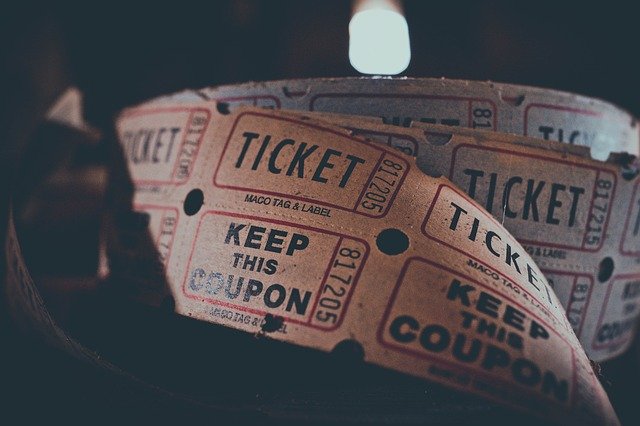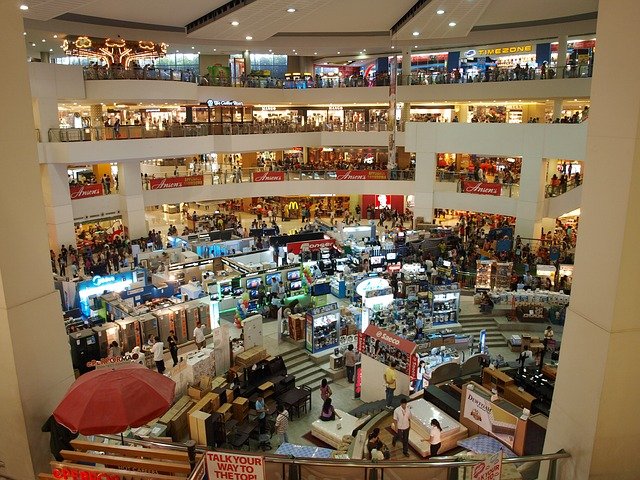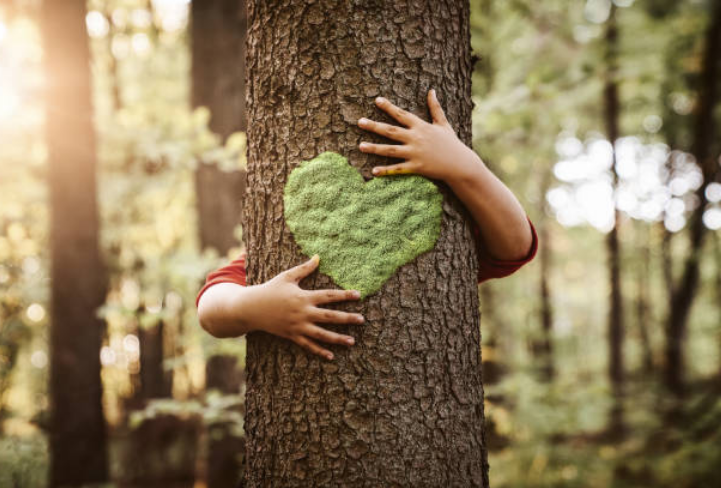
The goal of environmental science is to find ways for sustainable life on the planet. It means that we use resources in a way that preserves the future. Sustainable living is a lifestyle that is not about life luxury but being conscious of your resource use and reducing waste. If you want to make the world a better place, you can start right now by looking for these tips to live a sustainable lifestyle.
Recycle
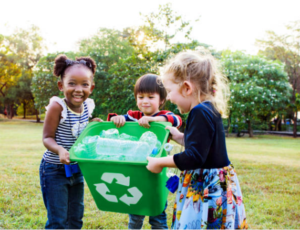 Recycle as much as you can! If you don’t have a recycling location in your area or your apartment building, it’s worth looking for one or considers curbside service. Buying products labeled post-consumer lets companies know that recycling is the way to go! Other items, such as compact fluorescent lamps, batteries, cell phones, and electronics, can be recycled by the appropriate recycling company. Check with electronics recyclers to find out where they send these items for recycling. Also, avoid companies that ship electronic waste overseas for unregulated “recycling” or recovery.
Recycle as much as you can! If you don’t have a recycling location in your area or your apartment building, it’s worth looking for one or considers curbside service. Buying products labeled post-consumer lets companies know that recycling is the way to go! Other items, such as compact fluorescent lamps, batteries, cell phones, and electronics, can be recycled by the appropriate recycling company. Check with electronics recyclers to find out where they send these items for recycling. Also, avoid companies that ship electronic waste overseas for unregulated “recycling” or recovery.
Conserve Water and Energy
You can save water and energy by making simple lifestyle changes. Turn off the faucet when you wash your hands and brush your teeth and take shorter showers. Dishwashers and washing machines should only be used when they are full. Conventional showerheads and faucets can be replaced with low-flow models. Older toilets, washing machines, and dishwashers are likely to use a lot more water. If you can afford it, you can reduce your water and electricity consumption by switching to more efficient models. This will also save you money.
The same goes for saving energy. It’s easy to save money by quickly reducing your energy consumption. Be sure to turn off the lights before you leave the room. Unplug appliances you don’t use. Know what you are looking at before opening the refrigerator door. Drying clothes on a clothesline under the sun is better than electric driers. Use heating and air conditioning sparingly and set your thermostat to the right temperature when you’re not home.
Dispose Of With Disposables
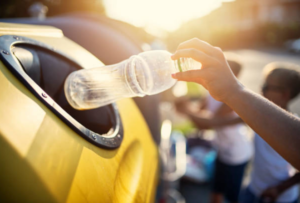 The idea of disposable razors or disposable forks and bags didn’t exist in the past. Today, however, plastic versions of almost everything exist and can be thrown away as soon as they are no longer used. Many environmental health problems are caused by the toxic substances that waste introduces into our environment. Even when waste is disposed of properly (such as in a landfill), careful monitoring is necessary to ensure that hazardous chemicals are not released into the environment.
The idea of disposable razors or disposable forks and bags didn’t exist in the past. Today, however, plastic versions of almost everything exist and can be thrown away as soon as they are no longer used. Many environmental health problems are caused by the toxic substances that waste introduces into our environment. Even when waste is disposed of properly (such as in a landfill), careful monitoring is necessary to ensure that hazardous chemicals are not released into the environment.
By getting rid of disposables, pay attention to the shelf life of the item before making a purchase. Will it be used more than once? It won’t be around when it runs out. Consider investing in reusable items that you would likely throw away.
Plant Seeds
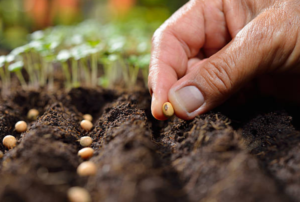 You can grow your food. You can start by planting a few seeds in a corner of your garden or a container on your porch. You don’t need a lot of space; a few square feet can be enough to grow vegetables and fruits on your patio or in your driveway. Seeds are of immense biological and economic importance. Once grow into a plant, it can also help reduce carbon emissions by supporting and growing locally sourced food, herbs, and plants. Seeds are pockets of potential we plant in the world around us.
You can grow your food. You can start by planting a few seeds in a corner of your garden or a container on your porch. You don’t need a lot of space; a few square feet can be enough to grow vegetables and fruits on your patio or in your driveway. Seeds are of immense biological and economic importance. Once grow into a plant, it can also help reduce carbon emissions by supporting and growing locally sourced food, herbs, and plants. Seeds are pockets of potential we plant in the world around us.

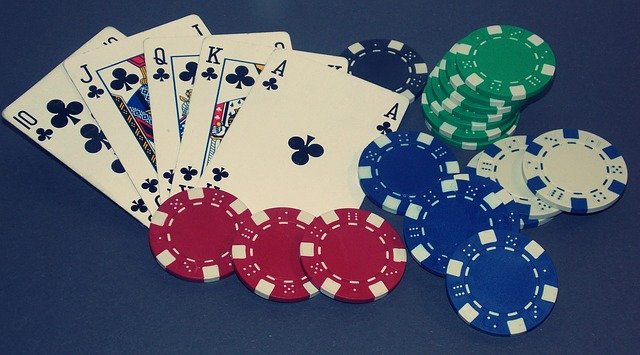
 Blackjack is by far the most popular casino card game. Almost everyone has played it at some point. If you want to play blackjack, you need to research the table variations and principles before investing a lot of money. You can play for free in most online casinos before playing for real money, which is a beautiful way to learn more about the game. There are numerous different types of blackjack, including Spanish 21, American and European blackjack, Vegas Strip, and Perfect Pairs, to name a few.
Blackjack is by far the most popular casino card game. Almost everyone has played it at some point. If you want to play blackjack, you need to research the table variations and principles before investing a lot of money. You can play for free in most online casinos before playing for real money, which is a beautiful way to learn more about the game. There are numerous different types of blackjack, including Spanish 21, American and European blackjack, Vegas Strip, and Perfect Pairs, to name a few. Baccarat is a casino game that is played by a variety of the best bets in the world. When you start playing baccarat, you have to bet on the dealer, the player, or possibly a tie. After making a bet, the rest of the action is done according to stringent rules, making this game one of the easiest to play in the casino. It involves finding the hand you bet on that has more points than the other hand or finding the two hands tied in case you bet on a tie. The score exceeds the nine since all digits in the ten columns are omitted.
Baccarat is a casino game that is played by a variety of the best bets in the world. When you start playing baccarat, you have to bet on the dealer, the player, or possibly a tie. After making a bet, the rest of the action is done according to stringent rules, making this game one of the easiest to play in the casino. It involves finding the hand you bet on that has more points than the other hand or finding the two hands tied in case you bet on a tie. The score exceeds the nine since all digits in the ten columns are omitted.